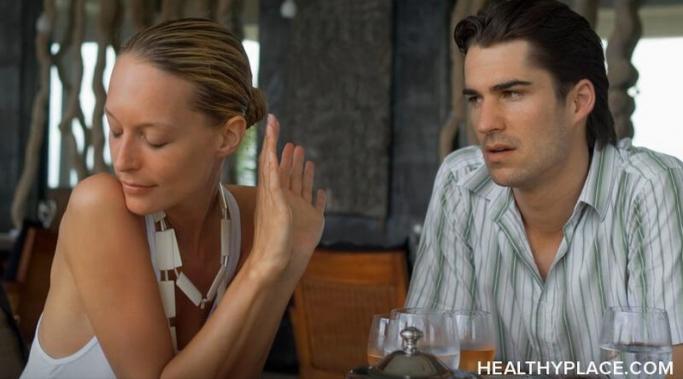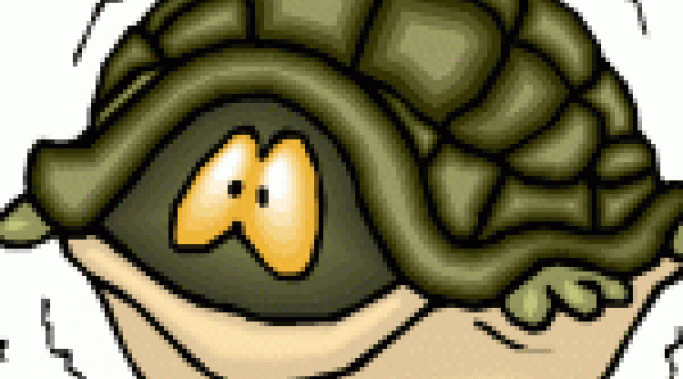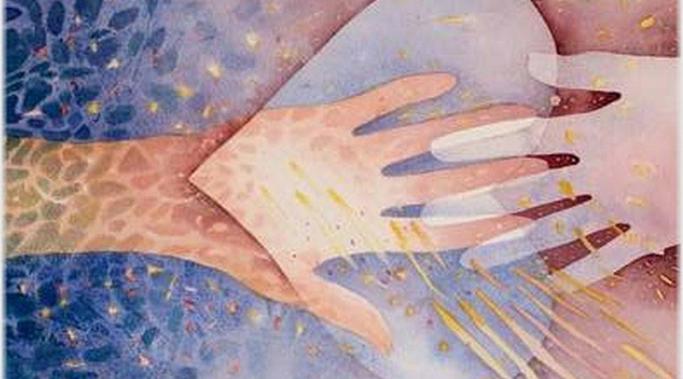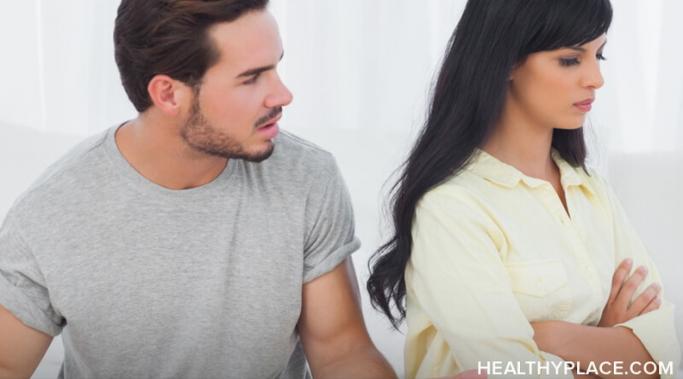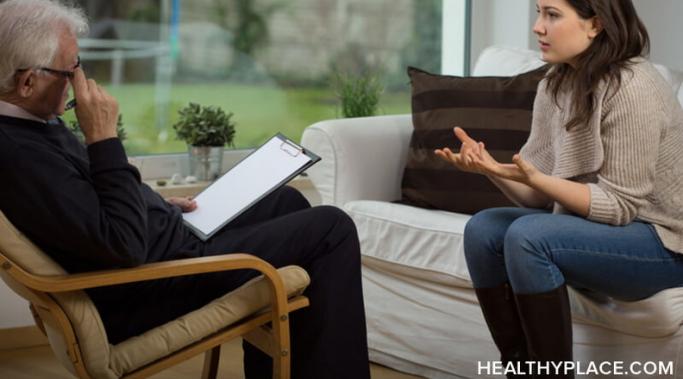Making and maintaining friendships when living with a mental illness takes effort, as it does for everyone. Maintaining friendships with a mental illness requires attention, sharing and emotional honesty which are some areas affected by symptoms of mental illness. Those who live with conditions like depression, anxiety, and bipolar disorder may need to put extra effort into keeping their friendships healthy.
Healthy Relationships
When you are in treatment for a mental illness, you’ve likely undergone a certain amount of talk therapy. If you’re well into recovery, you may very well have experienced years of therapy and, hopefully, a measure of success at uncovering and eliminating negative patterns and gaining self-awareness. So, if you’ve walked the path to psychological enlightenment, disease management and overall mental health, can you have a romantic relationship with someone who’s never been in therapy?
I am at an impasse, with my writing and with my feelings. Of course, these issues are related.
Last month, I began writing here about mending my relationship with my ex-boyfriend Bob, and we've been getting along very well in the meantime. We've reached a point of sharing that is different than at any time in our past: I've been able to share my feelings - past and present - with Bob and he has admitted a level of honesty I never expected from him. I was very happy, until I sought to write a long piece about our relationship for my personal blog and I couldn't come up with a way to tackle the topic. That's when I knew that I had some negative reactions mixed in with my warm fuzzies.
In 1972, a kids program called "The Most Important Person" gave 3-minute self-esteem lessons about respecting yourself, learning from mistakes, and protecting yourself in the face of various meanies. The theme song began with the following lyric:
The most important person in the whole wide world is you and you hardly even know you.
Almost 40 years after hearing that song for the first time, I often find myself repeating the lyric in my head. Wouldn't it be great if that program was redone for adults? What if someone made a "love yourself" cartoon for people with bipolar?
Lots of people take the last week of the year to reflect on the past and to look ahead to a new year where things are going to be different, dammit. Those of you who have bipolar depression with a soupcon of borderline personality disorder – like me – might even spend a day alone fixating on what they did wrong this year. And, if you’re anything like me, relationships probably take up the majority of your obsession time.
I hate Christmas. There I said it.
I don't hate the holiday - I'm a Christian and I believe in Jesus, Mary, the whole shebang. What I hate is enforced happiness and gift giving that's associated with Christmas, especially when I'm depressed and I don't feel like I have anything to be happy about. And when I'm miserable, the last thing I want is a bunch of people - especially my family - telling me to cheer up.
In business school, I slept with my best friend Bob and then proceeded to fall in love with him. As these things go, he didn't return my feelings, we fought a few times then left town without speaking to each other. A few years ago we reconnected - figuratively and literally - with similarly disastrous results. Now, Bob and I are speaking again and I'm committed to making the friendship work. No, I'm not a glutton for punishment. Rather, I believe that making amends will help me be healthier and better manage my bipolar disorder.
In my last video post, Emotion Regulation and Dating with Bipolar Disorder, I talked about what I thought was a burgeoning relationship or something with Erik. Well, that something has become a nothing and I'm crushed. Not because I was in love with him or anything, but because in spite of my new-found emotional health I ended up where I've generally been: alone.
Since my bipolar diagnosis, I’ve spent a lot of time worrying about romantic relationships: how to find one, how to act right when I'm in one, how to pick the right one. I've dedicated tons of blog air time to dating and to family because those relationships are my triggers. But I've neglected to address a very important person in many of our lives, an important relationship for people with mental illness: the therapeutic relationship.
Many people aren't good at relationships, particularly at the beginning. What might be a time of excitement and optimism for the average person can turn to anxiety and depression for someone with bipolar. In this blog post, I compare the feelings I experience during the beginning of a relationship - in this case, with Erik, a new love interest - with the mood fluctuations of bipolar disorder.
